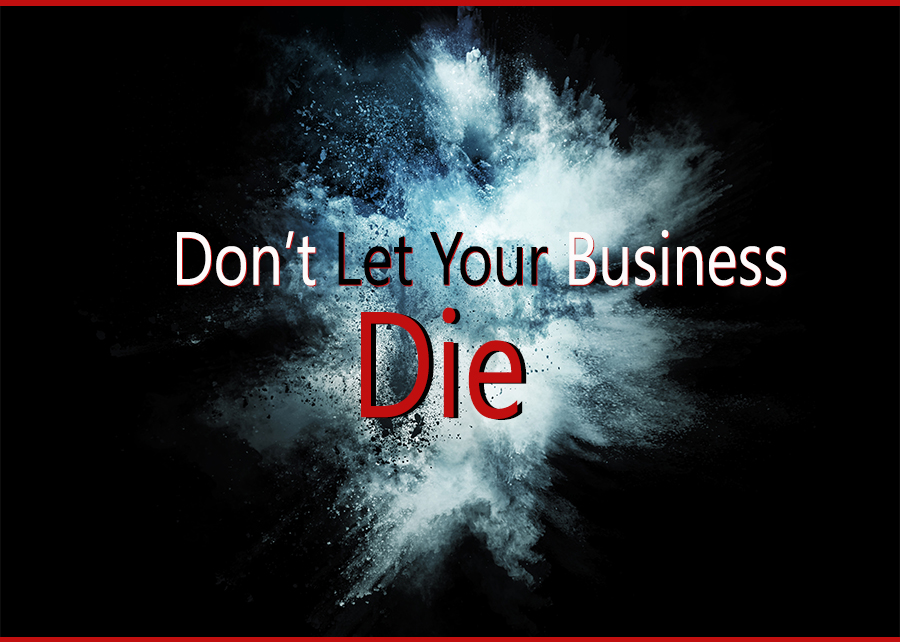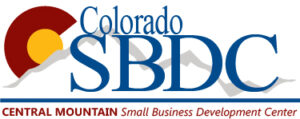Hearing Your True Voice Beneath the Noise by Heather Barron
There is so much noise surrounding us right now. Much of that noise is external – explosive headlines, the echo chambers of social media, election ads, constant coronavirus reports, news of wildfires, hurricanes, story after story of humans’ inhumanity to one another, and the constant demands for pivoting in our daily lives, our jobs, and our family needs.
But a lot of the noise is actually right inside our heads too. We have the myopic voice of ego and personality constantly shouting for us to react without questioning these thoughts.
Our inner Itty-Bitty-Shitty-Committee berates us with its sustained soundtrack of failure, not-good-enough, not-doing-enough, guilt, shame, lack of worth, need to earn love, striving for unreachable perfection. All of this noise exhausts us crippling our capacities and stealing our joy and energy.
With constant change, shifting requirements, national in-fighting, natural catastrophes and the many added stressors we are currently facing, the part of ourselves that is biologically designed to respond to emergencies is in overdrive right now. We can feel we have to “do something” with every shifting piece of news and life. Or we can feel we have to “choose sides” (“You’re either with us or you’re against us”), alienating loved ones and neighbors.
And these impulses can feel like our own true voice, dressed up in moralizing, self-righteousness, and a basic need to be liked and respected.
So, with all this noise, how do we hear the part of ourselves that is not just in reactionary, survival mode? How do we see all that is clamoring for our attention and then make healthy, life-affirming decisions and choices that feel like right action rather than reaction?
I have come to learn through the greatest times of trial and despair in my life that I have an active, ever-present “true voice” that is connected to a deeper well of wisdom than the kneejerk reactionary thoughts that are initially triggered by my ego’s reaction to what’s going on around me. But with all the noise in and around our heads, how can we access this true voice?
Here is one way I have found to tap into my true voice – I use the “power of the pause”.
Viktor E. Frankl, renowned Holocaust survivor who developed “Logotherapy” after living through imprisonment in a Nazi concentration camp, introduced the notion of the space between stimulus and response. He said, “Between stimulus and response there is a space. In that space is our power to choose our response. In our response lies our growth and our freedom.”
This space is the pause we can create in small moments throughout our day. And in that pause, we can hear our true voice calling us into right action or telling us to be still or filling us with courage, patience, and any other qualities that help carry us through our day.
When we shift into responding to life rather than reacting to every trigger or stimulus, we are able to discern what is truly our responsibility. This way of being lifts the heavy burden of false responsibility for saving the whole world all at once – freeing us up to meet the needs that are ours to care for. This pause can also mean the difference between feeling paralyzed by all the suffering, pain, hatred, despair, and grief that we are faced with on a daily basis right now, and hearing our intuition direct us into sustainable, courageous, loving action.
Here are a few steps I have found that help me. When I am in a state of strong emotional reaction, I PAUSE and do the following:
Step 1: I close my eyes (if I can), mentally saying, “I am safe to pause and listen.”
Step 2: I take three deep breaths. Breath one I say to myself, “I belong here.” Breath two, I say to myself, “I am ready.” Breath three, I say to myself, “I am not alone.”
Step 3: Then I continue to allow my breath to flow naturally and with my eyes still closed, I ask myself, “What am I feeling right now?” I name it: fear, anger, sorrow, shame, guilt, despair, rage, frustration, hopelessness, terror, etc.”
Step 4: I place my hands over my heart and ask a few questions: “What deeper wisdom do you have for me, Heart? What do you have for me to know about what I am feeling right now? Do I need to take action based on what I am feeling? Or do I just need to be still with this feeling, acknowledging it until it passes?”
Step 5: I ask my heart: “What is my next right action, my next right step?”
Step 6: I take 3 more deep breaths and open my eyes.
All in all, this does not take very long and has become a practice that surprises me regularly. It surprises me with how calm this helps me to become in the midst of chaos and conflict. And I have been amazed at the unlikely but vital answers that have come to mind in the midst of this practice – ideas that have given me a “Way out of no way”, helping me to find a solution I could not see before.
There are many wonderful spiritual, meditative, calming practices that can help us access this deeper heart-knowing. This is just the one that has worked for me.
Join us on Monday, September 21 at Noon Mountain Time where I will walk us through this process. And if you can’t make the webinar while it is live, register to receive the recording that will have this exercise in it for you!
Heather Barron is Founder of Luminous Life, Inc. Heather is an Integral Life & Mindset Coach, Writer, Speaker. luminous-life.com







